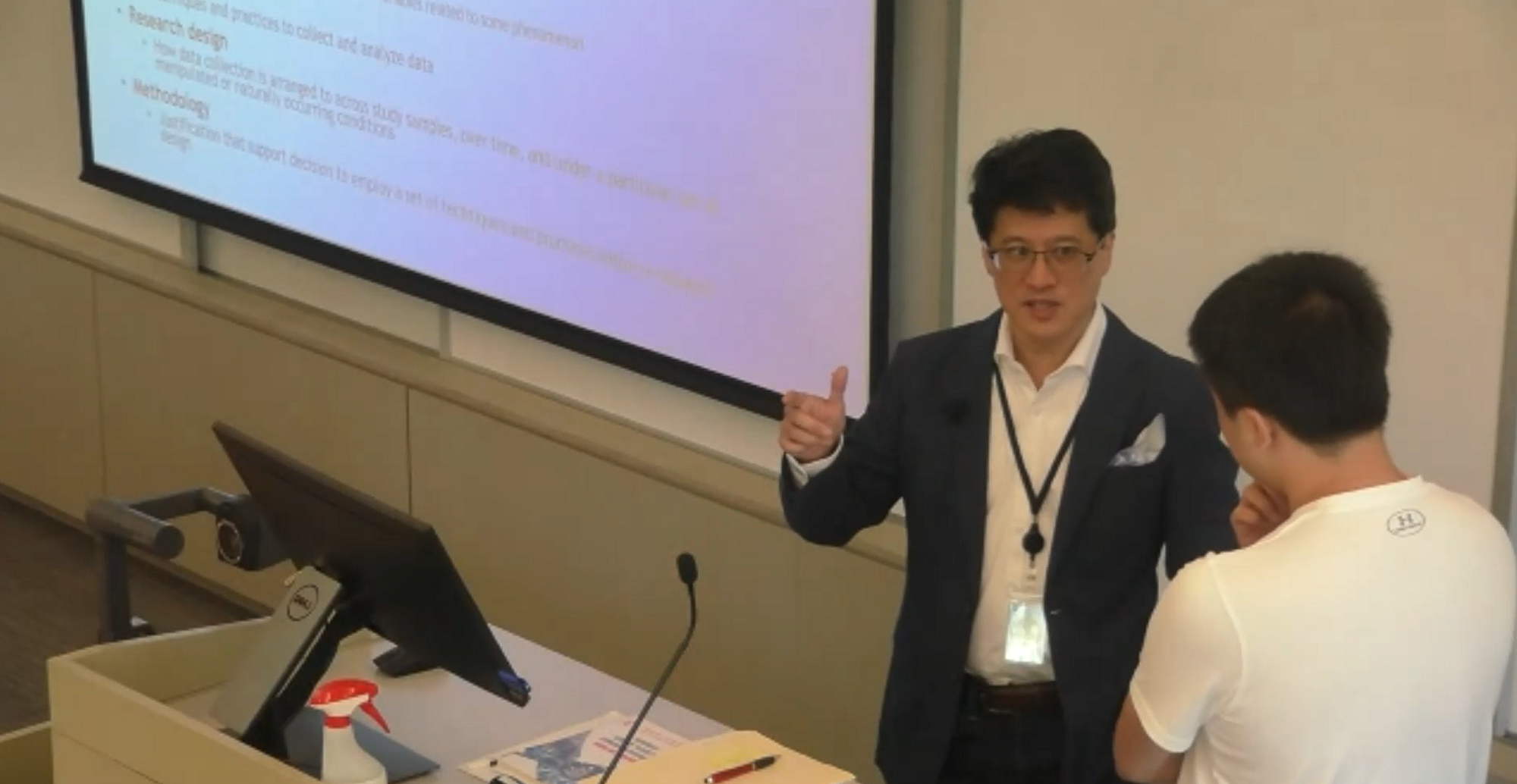I’ve had some interesting discussions on how corporate politics play a role when consulting to clients. Perhaps I have a parochial view here.
My take is that consultants should take no part in corporate politics.
It was a lesson that I learned early on while at the management consulting firm PRTM (a great firm to work for BTW – see Consulting Magazine PDF here).
Here’s the rationale for "no politics": consultants are often brought in to make things
better. Clients pay a premium for consultants for any number of
reasons. One common reason is that consultants are supposed to be
unbiased third-parties. If one gets consumed in politics, there’s not
enough focus on motivating everyone to get to the end goal.
Here’s another distinction (my own wrinkle) as it relates to consulting:
- In consulting, empathy is the ability to understand what a person is going through.
- Sympathy goes one step further. One not only understands a person but also agrees with the person on an emotional level.
Sympathy can be the "dark side of the Force". Suppose one is working
within a business unit (sponsored by one of the EVPs) and there are two
VPs below the EVP that don’t get along with one another. You are alone
in the office with one of the VPs that you may like better from a
personal chemistry point of view, and this VP starts to bad mouth the
other VP. If you join into this sort of thing, while you may be
ingratiating yourself with the one VP, you are hurting the client by
participating in politics. Bad mouthing is just not constructive. In
this sort of scenario, you should probably consider something like
letting the VP know that you can understand why he/she might feel this
way but that as a consultant, you can’t have any part in this. Other
good options would be to try to get the VPs to work it out
face-to-face. One may also want to probe a bit with the VP to see if it
is a worthwhile thing to bring things up with the EVP if the
disfunctionality is hurting the productivity of the business in a
significant way. Junior consultants should probably also consult with
their firm’s primary manager for the engagement, especially before
escalating things to the client sponsor level.
